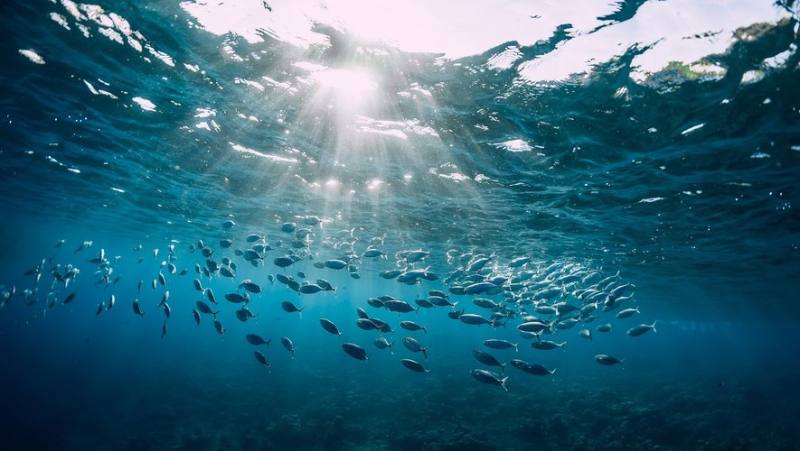Global warming: some species could be better adapted than expected

Certaines espèces pourraient être déjà naturellement capables de s’adapter à des conditions climatiques actuellement inconnues sur Terre. Nuture/Getty Images
Certaines espèces pourraient être déjà naturellement capables de s’adapter à des conditions climatiques actuellement inconnues sur Terre, un phénomène qui limiterait la perte de biodiversité massive engendrée par le réchauffement climatique, selon une étude publiée mercredi dans la revue Nature Ecology and Evolution.
Researchers from Ifremer (French Research Institute for the Exploitation of the Sea) and the University of Lausanne (Switzerland) studied the proportion of species living in conditions close to climatic limits currently accepted on Earth, that is to say – 70°C in Antarctica and +48°C at the equator.
Climatic limits
These climatic limits have not always been the same. "130 000 years ago, the Earth was warmer, by 3 at 4 degrees", underlines Mathieu Chevalier, researcher in marine ecology at Ifremer.
Gold "What paleo-ecological studies tell us is that many species are probably capable of surviving at higher temperatures than those that currently exist. Potentially, we have species preadapted to warmer temperatures ", develops the researcher. According to him, the current limits would be "no real ecological limits" for certain species.
By analyzing the ecological niches of 25,000 terrestrial and marine species (animal and plant), researchers found that 49% of these species lived in niches close to current climatic limits .
But among these species, many have an ecological niche likely to benefit from global warming, provided that they are well preadapted to warmer temperatures.
"When a species is marked by climatic conditions, it retains a pre-adaptation to these conditions which can last for thousands or even millions of years. If its habitat evolves towards a climate that the species has already experienced in the past, this preadaptation will then offer it tolerance to these new climatic conditions", explains Antoine Guisan, professor of ;rsquo;spatial ecology at the University of Lausanne, cited in a press release.
Lower biodiversity loss
Thanks to this preadaptation, the loss of biodiversity due to global warming would thus be less than expected for tropical species, whose ecological niche would potentially be wider than current climatic limits.
In tropical areas, traditional statistical models predict a massive disappearance of biodiversity, up to 54% of terrestrial species by 2041-2060. "Our model puts this prognosis into perspective" by predicting a 39% decrease in biodiversity, notes Mr. Chevalier.
The authors emphasize, however, that this estimate of threatened biodiversity remains "alarming" and does not take into account other factors of species extinction: habitat loss, pollution, overexploitation, biological invasions.




